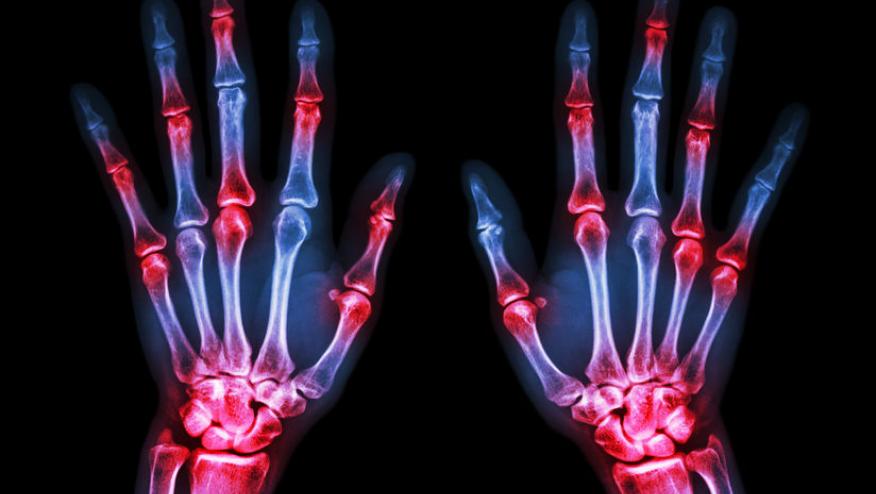Persistent Inflammatory Arthritis After Immune Checkpoint Inhibitors Save

Braaten and colleagues from Johns Hopkins School of Medicine have reported their experience with chronic inflammatory arthritis induced by immune checkpoint inhibitor therapies (ICI) showing that in some, inflammatory arthritis persists after the immunotherapy has been discontinued.
The advance of ICI has improved overall survival and cancer progression-free duration in many previously hard to manage malignancies. However their survival benefits may be associated with a variety of autoimmune and inflammatory syndromes known as immune-related adverse events (irAEs). Amongst these can be arthralgias that may occur in up to 43% of patients on immunotherapy and inflammatory arthritis which has been reported in <8% of ICI patients.
While many IA patients require systemic corticosteroids, some will require either DMARD or biologic agents (TNF- or interleukin-6 inhibitors), but for how long and at what risk to the patients malignancy and immunotherapy treatment.
These investigators studied the long-term outcomes of 60 IA patients (32F; 28M), followed for a median of 9 months and focused on those who had persistent symptoms after ICI cessation.
Their cancer diagnoses included melanoma (35%), NSCLC (23%), gastrointestinal cancers (12%) and fewer with genitourinary cancers, Hodgkin’s lymphoma, Kaposi sarcoma, mesothelioma, mycosis fungoides, etc. The majority of patients (70%) received ICI monotherapy (anti-CTLA-4, anti-PD-1 or anti-PDL-1) and less than one-third received combination therapy (anti-CTLA-4+anti-PD-1).
Inflammatory arthritis patients had a median of 6 swollen joints, a CDAI (median Clinical Disease Activity Index) of 17.5 and very low rates of seropositivity (RF 1.8%, CCP 5.5%, ANA 14.3%) or ESR or CRP elevations.
After ICI cessation active disease was seen in 71% at 3 mos. and 49% at 6 months. Most (75%) received some form of immunomodulatory treatment with 80% receiving steroids. Of the 19 patients who were given csDMARDs and 11 who received biologics, 17% had progression of their cancer during follow-up (not different than those not taking DMARDs or biologics).
Analyses showed those with persistent arthritis were more likely to have been treated with combination immunotherapy, as were those with ≥2 irAEs. Overall the factors associated with IA persistence included use of combination ICI therapy, longer duration of ICI exposure and prior development of other irAEs.










If you are a health practitioner, you may Login/Register to comment.
Due to the nature of these comment forums, only health practitioners are allowed to comment at this time.